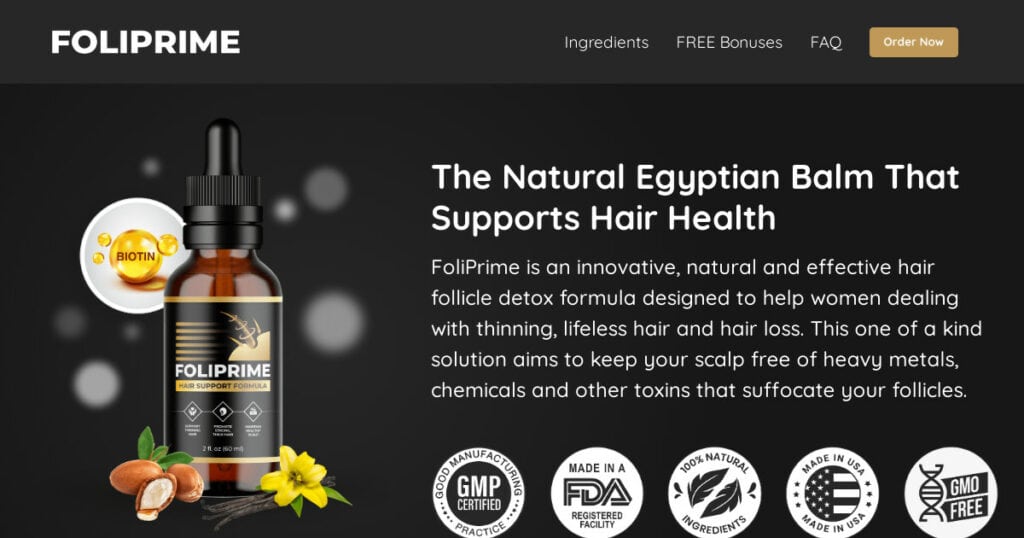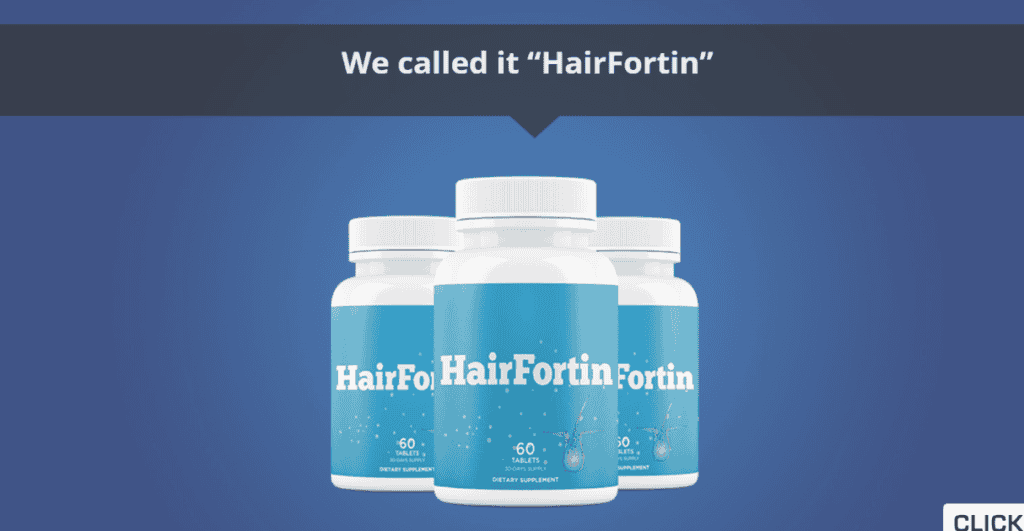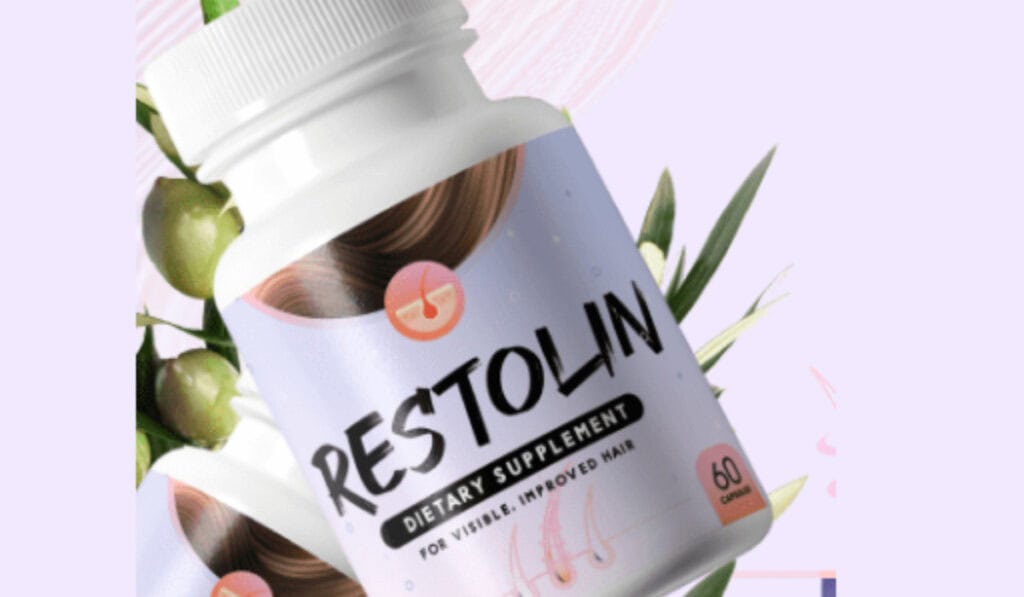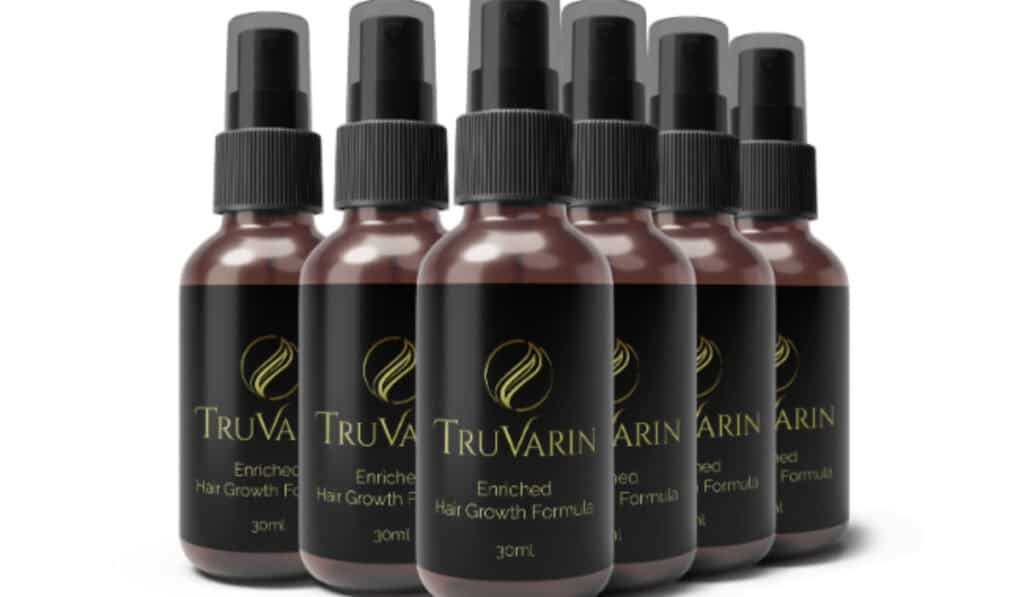Navigating Through The Hype
In today’s world, the supplement industry is booming with options that range from the latest fads to time-tested nutrients. It’s easy to get caught up in the allure of quick fixes or miracle cures that trendy supplements promise. However, understanding the difference between what’s hot right now and what has been scientifically proven to benefit your health is crucial. This knowledge empowers you to make informed decisions and navigate through the hype with confidence.
Tested supplements have the backing of research and clinical trials, showing their safety and efficacy over time. Meanwhile, trendy supplements often ride the wave of social media popularity, lacking substantial evidence to support their claims. The key is to sift through the marketing noise and focus on supplements that truly enhance your well-being. By doing so, you not only invest in your health but also avoid potential risks associated with unproven products.
Understanding The Basics of Supplements
At their core, supplements include vitamins, minerals, and other nutrients intended to enhance your diet. They come in various forms like pills, powders, and liquids, offering a convenient way to get essential nutrients your body needs. Understanding these basics helps you make informed choices about supplementing your diet effectively.
What Constitutes Vitamins, Minerals, and Proprietary Blends?
Vitamins and minerals are essential nutrients that your body needs in small amounts to function correctly. They play crucial roles in various bodily processes, from energy production to immune support. Proprietary blends are unique combinations of ingredients, often branded and trademarked by their manufacturers. While vitamins and minerals are well-documented for their benefits, proprietary blends may lack transparency, making it hard to know exactly what you’re getting and in what amounts.
The Nutritional Gap: Foods Vs. Vitamin and Mineral Supplements
While a balanced diet is the best source of essential nutrients, vitamins and minerals supplements can help fill nutritional gaps. Modern diets often fall short in providing all the nutrients your body needs, leading to deficiencies. Supplements offer a practical solution to ensure you’re getting adequate vitamins and minerals, supporting overall health and preventing deficiencies that can impact your well-being.
The Regulatory Landscape of Dietary Supplements
The dietary supplement industry is regulated by the FDA, but not as strictly as prescription or over-the-counter medications. Supplements are intended to supplement the diet and contain various ingredients, including amino acids, vitamins, minerals, and other active ingredients. Understanding FDA regulations can help you make safer choices when selecting supplements.
The Role of Third-Party Testing in Ensuring Safety and Efficacy
Third-party testing by organizations like NSF International plays a vital role in verifying the safety and efficacy of supplements. This independent validation ensures that a supplement brand meets strict standards for quality and purity. When choosing supplements, looking for third-party validation can provide peace of mind, knowing that the product has been rigorously tested.
The Target Audience for Supplements
Supplements cater to a wide range of needs and lifestyles, from older adults needing extra vitamins and minerals to athletes looking for performance boosts. Even those following plant-based diets might seek omega-3 fatty acids supplements to complement their intake of plant-based foods. Identifying who truly needs supplements is key to targeting the right products for your lifestyle and nutritional needs.
Decoding Who Really Needs Supplements
Older adults, athletes, and individuals with dietary restrictions may benefit most from supplements.
Considering Supplements for Kids: A Careful Approach
When it comes to kids, introducing supplements requires a careful and informed approach. Children have different nutritional needs than adults, and it’s essential to ensure they’re getting a balanced diet first. Consulting a healthcare professional can help determine if your child needs supplements and which ones are appropriate for their age and health status.
The Pros and Cons of Supplements
Supplements can offer significant benefits but also come with drawbacks if not used wisely.
The Bright Side: Benefits of Tested Supplements
Tested supplements can provide essential nutrients, complementing a variety of foods in a healthy diet.
B Vitamins: The Untold Success Stories
B vitamins, including folic acid and vitamin B12, play vital roles in maintaining good health. For example, pregnant women are often advised to take folic acid to prevent certain birth defects. Vitamin B12 is crucial for nerve function and the production of DNA. Both can be found in supplements at doses like 400 IU, helping fill nutritional gaps effectively.
The Dark Side: Risks Associated with Trendy Supplements
Some supplements contain ingredients that haven’t been fully vetted for safety.
The Perils of Proprietary Blends and Unverified Ingredients
Proprietary blends can obscure the exact amounts of ingredients, posing risks. Consulting with a registered dietitian can help you navigate these murky waters, ensuring you choose supplements that are both safe and effective for your needs.
The Market’s Mixed Bag
The supplement market offers a vast array of choices, ranging from highly beneficial to potentially harmful. Understanding how to discern quality and efficacy is essential for consumers looking to supplement their diet safely and effectively.
Deciphering Labels: The Truth Behind Inaccurate Labeling
When you’re browsing for supplements, the labels can sometimes be misleading. It’s crucial to understand that not all claims made on the packaging are verified. The promise of safety and efficacy might not always be backed by solid evidence. Additionally, some products may not fill the nutritional gaps they claim to address or might even raise health concerns due to inaccurate labeling. It’s important to look beyond the hype and ensure that what you’re considering aligns with your health needs and is supported by trustworthy information.
The Concern Over Contaminants: A Reality Check
Contaminants in supplements are a real concern. Even products that claim to be natural or pure can contain harmful levels of toxins. This reality check reminds us to be vigilant and question the purity of the supplements we consume.
High Levels of Toxins in Sunflower Seeds and Butters: A Case Study
In a startling revelation, certain batches of sunflower seeds and butters were found to contain high levels of toxins. This case study serves as a cautionary tale about the potential dangers lurking in seemingly innocent products. It underscores the importance of rigorous testing and quality control in the production of food items and supplements alike. Consumers need to stay informed and cautious about the sources of their food and supplements to avoid health risks associated with contaminants.
Special Focus: Popular Supplement Categories Analyzed
As the supplement market continues to grow, it’s essential to sift through the vast array of products to identify those truly beneficial for health. From Vitamin D supplements known for their role in bone health and possibly lowering cholesterol, to the latest in probiotics for gut health, this analysis will shed light on what science says about popular categories. Understanding the evidence behind these supplements can empower you to make choices that best support your health goals.
Omega-3 Fatty Acids and Fish Oil: Beyond The Hype
Omega-3 fatty acids and fish oil supplements are often touted for their heart health benefits. However, it’s important to look beyond the marketing hype. These supplements can play a role in addressing nutritional gaps in diets lacking in fatty fish and may mitigate certain health concerns. Yet, they are not a cure-all. Balancing expectations and understanding the actual benefits based on current research is key to making informed decisions about incorporating them into your regimen.
Probiotics and Gut Health: Separating Fact from Fiction
Probiotics have gained fame for their purported benefits to gut health and overall wellness. While it’s true that they can play a role in maintaining a healthy digestive system, the effectiveness of probiotics can vary widely among individuals. It’s important to understand that not all probiotics are created equal, and their benefits can depend on specific strains and quantities. Relying on a balanced diet and consulting healthcare providers can further enhance gut health alongside probiotic supplementation.
Melatonin Supplements: Do They Really Improve Sleep?
Melatonin supplements are widely used as a remedy for sleep issues, but do they work? According to randomized clinical trials, melatonin can be effective in helping some people fall asleep faster. However, it’s not a one-size-fits-all solution. The effectiveness can vary, and it’s best used under the guidance of a healthcare professional. Understanding your own sleep patterns and consulting with a doctor can help ensure that melatonin supplements, if used, are part of a holistic approach to improving sleep.
The Debate: Trendy Vs. Tested
The supplement industry is flooded with both trendy and tested products, making it confusing to choose the right ones. While trendy supplements can offer appealing quick fixes, it’s the tested ones, backed by solid research, that often provide the most reliable benefits for health. Navigating this landscape requires a critical eye and a commitment to understanding the evidence behind supplement claims.
Case Studies: From Manuka Honey to Collagen Supplements
Exploring the journey from trendy to tested, case studies on products like Manuka honey and collagen supplements offer insightful lessons. Initially propelled by anecdotal successes, rigorous research has begun to uncover the conditions under which these supplements can be truly beneficial. This transition from hype to evidence-based acceptance highlights the importance of scientific validation in the supplement industry.
The Verdict on Trendy Ingredients: Shilajit and Black Seed Oil
The allure of trendy ingredients like Shilajit and Black Seed Oil is undeniable, but what does the research say? While preliminary studies show promise, the verdict is that more comprehensive research is needed to conclusively determine their benefits. Consumers are advised to approach these trendy supplements with caution and seek products that have undergone rigorous testing for safety and efficacy.
The Consumer’s Guide
In a market saturated with choices, it’s essential to navigate the world of vitamins and supplements with informed confidence. From understanding the benefits of a varied diet to recognizing the role of supplements in a healthy lifestyle, this guide aims to empower consumers. Ensuring that your choices are backed by medically reviewed information and fit within the context of a balanced diet is key to enhancing your wellness journey.
How to Avoid Fake Vitamins & Supplements Online
The digital age brings the convenience of online shopping but also the risk of counterfeit products. When looking for vitamins and supplements, especially if you are pregnant or breastfeeding, it’s critical to ensure their authenticity and safety. Opting for products like Vitamin E and Vitamin D3 that have been medically reviewed, and buying from reputable sources can safeguard your health. Understanding what to look for in genuine products helps protect against the dangers of fake supplements.
A Buyer’s Checklist for Choosing High-Quality Supplements
Quality is paramount when it comes to supplements. Look for products that are third-party tested for purity and potency. Additionally, check for clear labeling, including ingredients and recommended dosages. This checklist can guide you in selecting supplements that are safe and effective.
The Importance of B Vitamins and Proper Dosage
B vitamins are essential nutrients that play a critical role in maintaining overall health, including brain function. Understanding the balance between fat-soluble vitamins, which can accumulate in the body, and water-soluble vitamins, like B vitamins that the body excretes when in excess, is crucial. However, it’s not necessarily true that more is always better. Ensuring proper dosage based on individual needs can optimize the positive effects on health without causing harm.
Beyond Supplements: Lifestyle Considerations
While supplements can play a role in filling nutritional gaps, they are not a substitute for a well-rounded diet and active lifestyle. Incorporating a variety of foods rich in B vitamins, for example, can support brain function and overall health more holistically than supplements alone. Embracing a lifestyle that prioritizes balanced nutrition, regular exercise, and mental well-being forms the foundation of lasting health and vitality.
Supplements, Not Substitutes: The Role of Diet and Exercise
When considering your health, it’s vital to remember that taking vitamins and supplements should not replace a balanced diet and regular exercise. These additions can help fill nutritional gaps, but they can’t replicate all the benefits of whole foods and physical activity. For example, while a supplement might contribute to bone health, it cannot emulate the additional benefits of weight-bearing exercises, which also strengthen bones as part of your daily routine. Always prioritize a varied diet and active lifestyle for optimal health.
Less Butter, More Plant Oils: A Dietary Shift for Longer Life
Shifting from saturated fats found in butter to healthier plant oils like olive or canola oil can significantly impact your longevity and heart health. These plant-based oils contain unsaturated fats, which can help lower bad cholesterol levels and reduce the risk of heart disease. Incorporating them into your daily diet in place of butter or other saturated fats can be a simple yet effective change towards a healthier, longer life.
Looking Towards The Future
As we gaze into the future of nutrition and wellness, staying informed and adaptable to new research and trends is crucial. The landscape of dietary supplements and health advice is ever-evolving, with ongoing studies shedding light on better ways to support our health. Embracing a mindset of lifelong learning and openness to change can empower us to make the best choices for our well-being in the years to come.
Upcoming Reviews and What To Watch For
In the coming months, keep an eye out for reviews on the latest supplements to hit the market, including an in-depth look at Vitamin D supplements. These reviews will not only focus on the benefits but also the scientific evidence backing these products. With an ever-growing market, it’s more important than ever to stay informed about which supplements offer genuine health benefits and which ones might not be worth your money.
Recalls & Warnings: Staying Informed for Safety
Staying informed about recalls and safety warnings is crucial for avoiding supplements that could harm your health. For example, products containing Vitamin K can increase the risk of bleeding, especially if taken with certain medications. Additionally, some supplements have been linked to liver damage or contain harmful levels of contaminants. Paying attention to recalls and warnings allows you to steer clear of these dangers and choose safer options.
Concluding Thoughts: The Path to Informed Decisions
Making informed decisions about supplements requires balancing the potential benefits against the risks. Consulting with a healthcare provider can help you navigate this complex landscape, especially if you’re considering trendy supplements. Remember, the goal is to supplement a healthy diet, not replace it. By staying informed and choosing tested products, you can avoid harmful levels of contaminants and make choices that support public health and your well-being.
Balancing Trendy vs. Tested Supplements: A Rational Approach
Choosing between trendy and tested supplements means weighing the potential benefits against the risks. Always opt for products backed by solid research and consult healthcare providers to ensure they’re safe and effective for you.
Our Mission: Empowering You to Make Healthier Choices
Our mission is to empower you with the knowledge and tools needed to make healthier choices. Whether it’s choosing the right supplements, adjusting your diet, or incorporating exercise into your routine, we’re here to guide you on your journey to better health. Together, we can make informed decisions that enhance our well-being and lead to a healthier, happier life.





